News
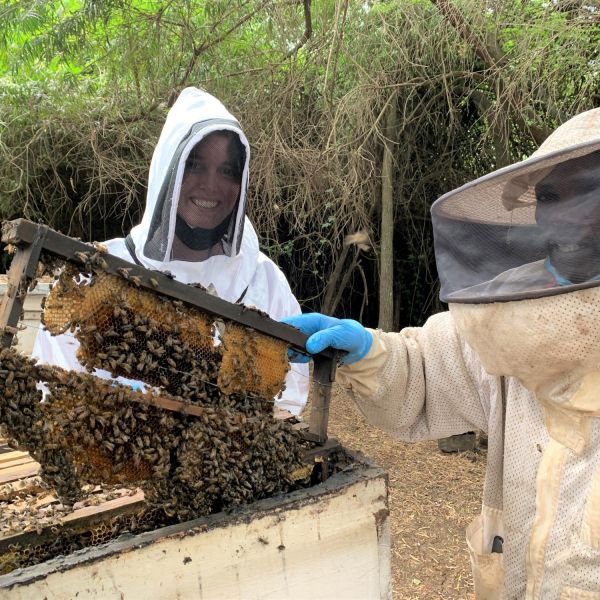
Feb 14, 2022
Student receives Fulbright to study honey bee health, behavior in Kenya
Darcy Gray, a graduate student in Penn State's intercollege graduate degree program in ecology, has received a Fulbright Study/Research Award to help beekeepers by examining how habitat and weather patterns drive bee migration and honey production in Kenya.
Full Article

Feb 04, 2022
SCInet graduate student internships available 2022, applications due March 15
Paid graduate student internships are available this summer at Mississippi State University through the USDA SCINET program. SCINET provides resources and opportunities for training in (for example) landscape effects on insect distributions and conservation - as such, we encourage our IBC student membership to apply!
Full Article
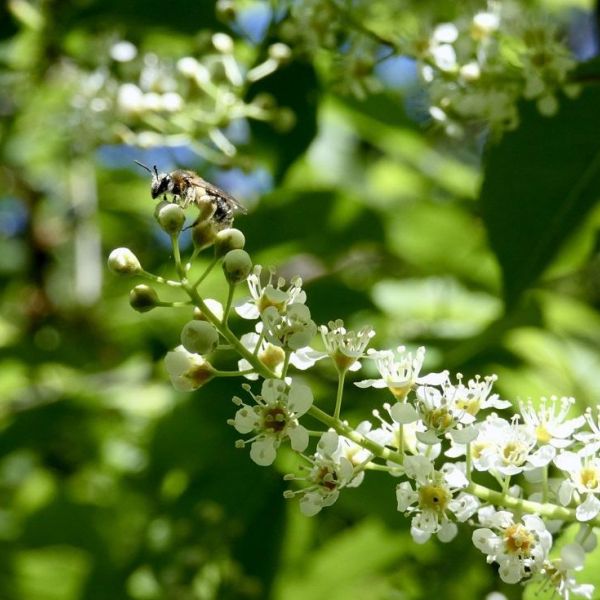
Feb 02, 2022
Mining for knowledge: Scientists identify bee that can aid black cherry recovery
A ground-nesting bee family — commonly known as miner bees — could play a heightened role in rebuilding black cherry populations in Pennsylvania and beyond, according to Penn State entomologists who investigated pollinators’ contributions to the valuable hardwood species.
Full Article
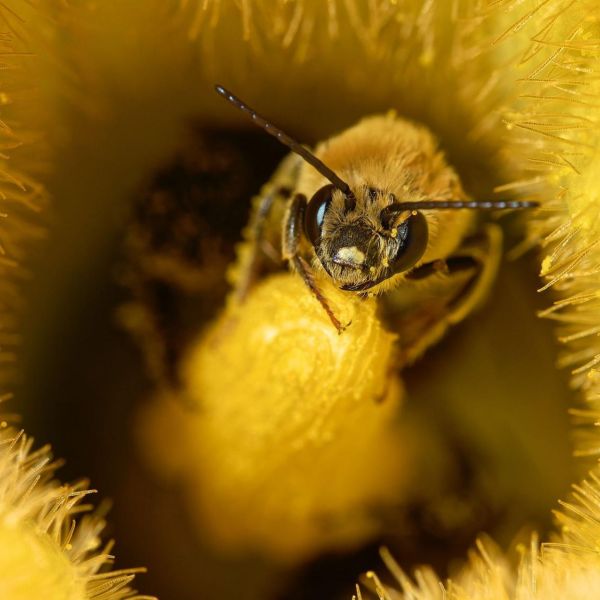
Jan 19, 2022
Entomologists to study how climate change may influence pollinator stressors
A Penn State-led team of researchers will use a newly awarded $682,000 grant from the U.S. Department of Agriculture's National Institute of Food and Agriculture to examine how climate change may influence and interact with various stressors that affect the health of pollinators.
Full Article
Nov 29, 2021
Upcoming workshop series on using data science for ecological applications
Contact Drs. Sarah Goslee and Bogdan Caradima if you have questions, or would like to sign up!
Full Article

Nov 08, 2021
IBC-affiliated mentors solicited for summer student internships
Eric Crandall (Assistant Research Professor, Biology) is seeking faculty mentors to increase diversity in STEM and at PSU for the summer PhD Bridge program for 2022.
Full Article
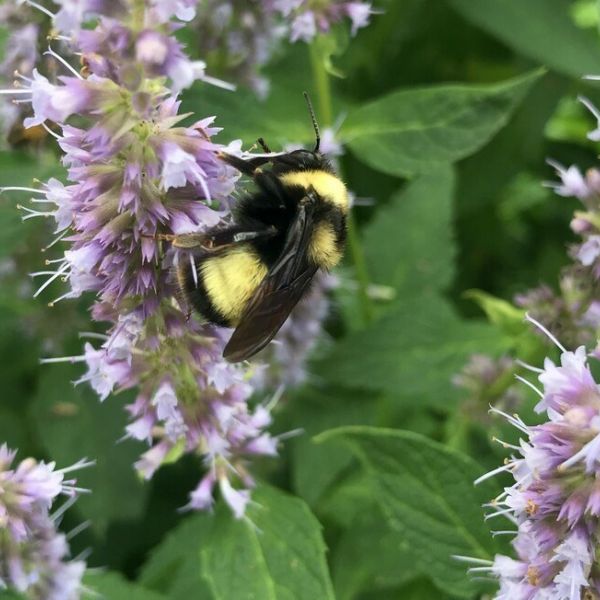
Oct 25, 2021
Popular perennial flowering plants can attract diverse mix of pollinators
Popular species of perennial flowering plants vary widely in their attractiveness to pollinators, but homeowners and landscape managers who select certain perennial cultivars can support a diverse community of pollinators in their own backyards, according to a new study from a team of Penn State researchers.
Full Article
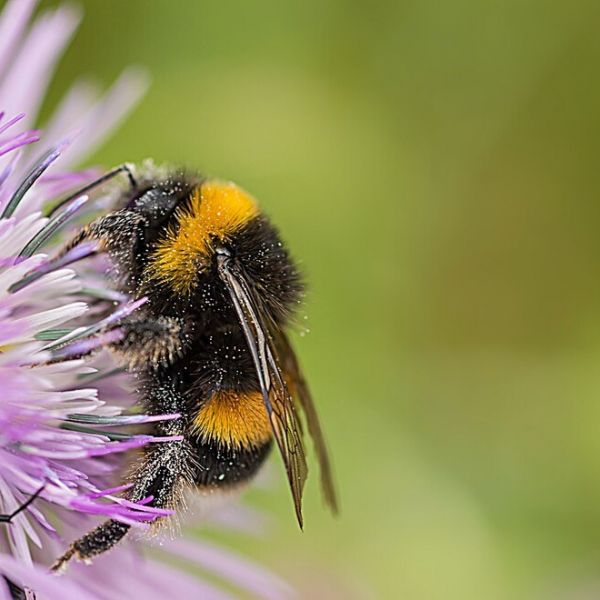
Oct 22, 2021
Scientists uncover the genetic pathway that colors bumble bee stripes
While most people in the U.S. may think of bumble bees as the standard yellow and black variety, there are an estimated 260 bee species that sport about 400 different color patterns. One reason many people associate bumble bees with distinct colors is because evolution can influence multiple bee species to share similar color patterns in specific geographic regions, which scientists call mimicry.
Full Article

Sep 24, 2021
Past Winners and Current Contenders: IBC Fellows Compete in Nittany AI Challenge
Two IBC graduate student fellows, Edward Kwadwo Amoah and Codey Mathis, will be sharing their research in upcoming AI for Good Expo!
Full Article
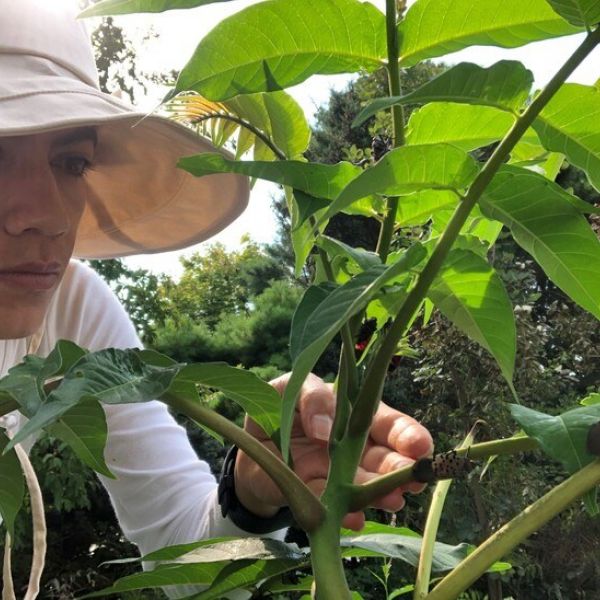
Sep 16, 2021
National society to recognize two Penn State entomologists
Two entomologists in Penn State's College of Agricultural Sciences will receive prestigious awards from the Entomological Society of America during its 2021 annual meeting.
Full Article